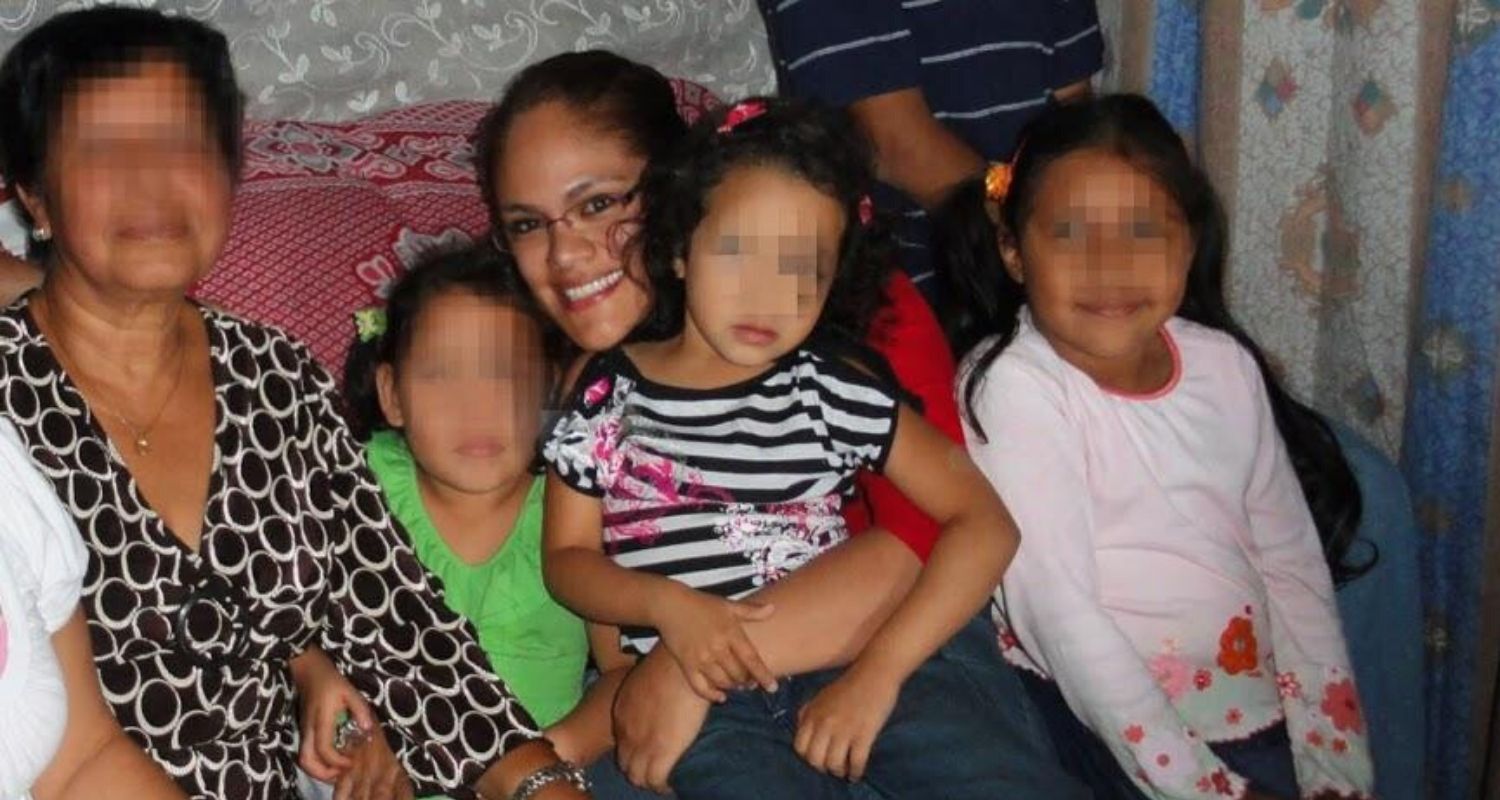October 28, 2015
Doña Raquel* is standing in her small kitchen trying to coax some of the seven grandchildren she cares for out from the bedroom. Finally, they peek around the curtain—all that separates it from the rest of the house—and join her. She touches the heads of two, a ten-year-old boy and a six-year-old girl. They were just toddlers, Raquel says softly, when in 2005 a neighbor, in a rage over a property dispute, attacked their mother—Raquel’s daughter Susan—with a machete, hacking her to death.
Most of Raquel’s neighbors distrust the police almost as deeply as they fear local criminals. They know prosecutors aren’t held accountable for getting convictions. Raquel, a single mother who worked as a cleaning woman at the time of Susan’s murder, couldn’t afford to hire a lawyer to pressure justice authorities to move the case forward.
The ASJ (formerly known as AJS)-supported Peace & Justice project works to resolve such problems by building trust between poor Hondurans and their justice system. A project investigator and lawyer work as liaisons between crime-survivors, trustworthy police officers, and public prosecutors. A psychologist helps survivors work through their trauma.
The project lawyer and investigator heard about Susan’s case through friends in the neighborhood. They spent days and nights accompanying police as they searched for the killer and gathered evidence. The psychologist worked with Raquel and other family members who were affected by the tragedy.
The killer evaded search parties and fled the city. But the case is still open, and in mid-October, Peace & Justice project lawyer Luis noted the staff had just received a new tip about his whereabouts. “We are committed to bringing the perpetrator to justice,” Luis said.
Six years later, the family still mourned Susan daily, but, says Raquel, “I was able to get out of bed and enjoy life.” Then, in November 2010, the unthinkable happened. One of Raquel’s sons, Felipe, was murdered.
Once again, the Peace & Justice project psychologist visited Raquel while the investigator gathered evidence. Through its network of collaborators, the team located two witnesses who saw the perpetrator force Felipe into his home. The key, though, was to find someone who had seen him drag Felipe’s corpse out of the home. For two months, no one came forward.
In January 2011, a group of Canadians and Americans on a vision-trip organized by ASJ visited Raquel. As the visit concluded, a member of the group prayed for Raquel’s family, specifically asking God to embolden a witness.
A few days later while Raquel was working in her garden, a neighbor approached and asked how she was doing. Raquel answered honestly: she was sad and frustrated that no one would testify in her son’s case. The neighbor paused for a moment, then said, “I think I can help you.” She had seen the killer removing Felipe’s body from his home, and was willing to testify as a protected witness, especially after hearing that the Peace & Justice project would provide extra protective measures. The additional testimony led to the killer’s arrest and a guilty sentence in the trial, which took place in November 2013.
The project psychologist, Karla, continues to counsel Raquel and her family. The ASJ staff, “has been wonderful” through the whole process, Raquel says. While the double tragedy Raquel has suffered can never be reversed, she has at least experienced a degree of closure that eludes many Hondurans in similar situations, thanks to the Peace & Justice project’s efforts to hold her children’s killers accountable through the justice system, and to provide counseling for her family.
*Names changed to protect beneficiaries’ safety and privacy.



















